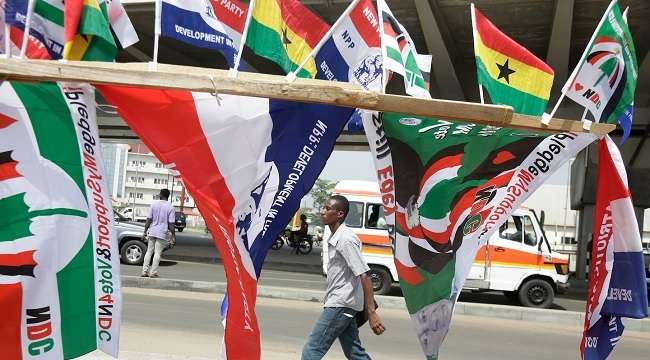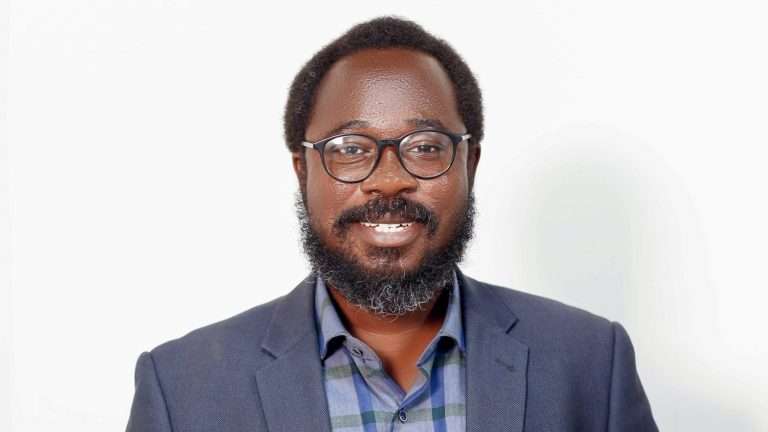The monetization of politics in Ghana has long been a topic of concern among political analysts, civil society organizations, and the electorate. Professor Kobby Mensah, a distinguished political marketing strategist has shed light on this pressing issue, attributing it to the failure of political leadership in fulfilling their democratic mandates.
His remarks were made during an X-Space discussion organized by Citizens for Fair Politics, a social movement dedicated to combating vote-buying ahead of the 2024 General Election.
“The job that we give the political leaders in the country has clear mandates that they are supposed to perform. When you still want to cling to political power, you have to present yourself to the citizens to renew your mandate.
“I do not agree that the people are actually demanding the money, but it is the leaders that have failed to exercise their mandate since they want to cling to power and mobilize resources to induce the voters.”
Professor Kobby Mensah, Political Marketing Strategist
Professor Mensah’s analysis focused on the inability of Ghanaian political leaders to deliver on their promises, which forces them to resort to financial inducements to secure electoral support.
Professor Mensah argued that the electorate does not inherently demand money; rather, it is the leaders who fail to uphold their responsibilities and thus feel compelled to “induce” voters to remain in power.
Since the adoption of a new constitution in 1992, Ghana has practiced multiparty democracy, holding eight successful elections. However, the approach to the 2024 elections has been tainted by allegations of vote-buying during internal party elections, with candidates accused of bribing delegates to secure nominations.
The Centre for Democratic Development (CDD) has highlighted the exorbitant costs associated with running for office in Ghana. According to the CDD, winning a presidential election requires no less than $100 million, while parliamentary candidates need at least $4 million.
This high cost is directly linked to the practice of monetizing politics, creating a significant barrier to entry for many qualified individuals.
Need for Political Consciousness and Ideology

Professor Mensah further emphasized the importance of political consciousness and ideology among voters. He believes that a more ideologically driven electorate would be less susceptible to financial inducements.
“For me, to end this challenge, it is about the citizens responding to their conscience. Voting is a conscience activity, and if you do not want to go against your conscience, you do not necessarily take the money from these politicians because if you take the money, you have agreed not to vote in a particular way. If you appeal to your ideology, you will not take money to vote.”
Professor Kobby Mensah, Political Marketing Strategist
In addition to advocating for a more ideologically driven electorate, Professor Mensah urged the media to play a critical role in investigating and exposing the sources of campaign financing. By scrutinizing how political parties fund their campaigns, the media can help to reduce the influence of money in politics and promote a more transparent electoral process.
The X-Space discussion moderated by Citizens for Fair Politics attracted a substantial number of Ghanaian youth, who actively participated by asking questions and sharing their perspectives on reducing the monetization of politics.
The advocacy group, operating under the motto “Sell your vote; mortgage your future,” aims to engage in a series of policy discussions both online and in-person to address this critical issue.
The issue of monetization in Ghanaian politics is deeply rooted in the failure of political leaders to fulfill their democratic mandates. As Professor Kobby Mensah suggests, addressing this problem requires a multifaceted approach that includes enhancing political consciousness among voters, fostering ideological commitment, and ensuring transparency in campaign financing.
The efforts of advocacy groups like Citizens for Fair Politics and vigilant media are crucial in this battle against the monetization of politics, aiming to safeguard the democratic integrity of Ghana as it prepares for the 2024 General Election.























